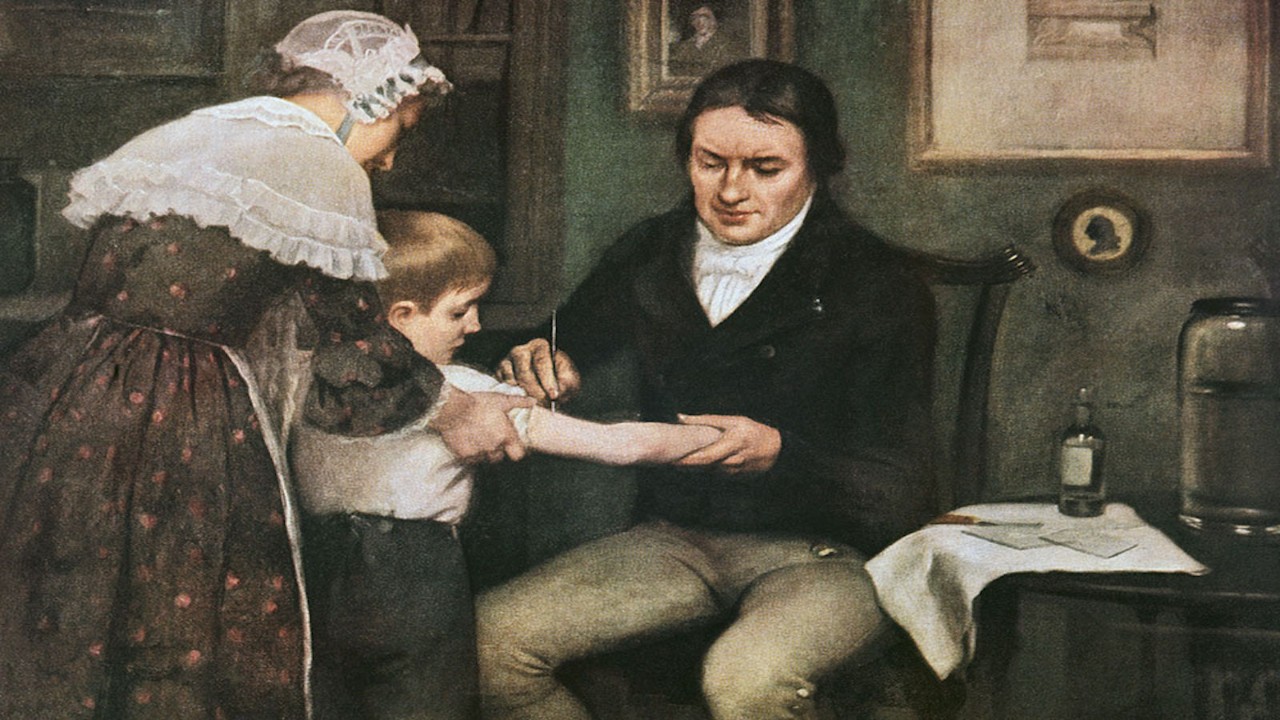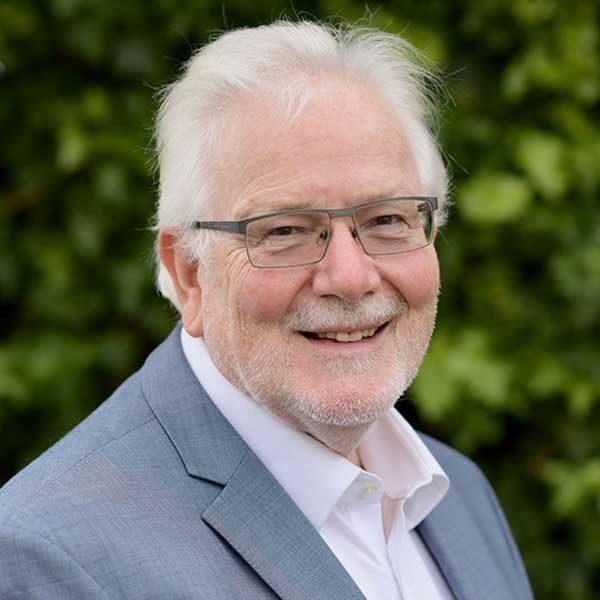
Few people will know the name James Phipps, but he deserves to be remembered for his lasting contribution to public healthcare.
As an eight-year-old, the gardener’s son from Gloucestershire in the west of England was the first person ever to receive the smallpox vaccine pioneered by Dr Edward Jenner.
Jenner infected the lad with tiny doses of the disease not just once but 20 times – and he survived. It was the first convincing proof that vaccination was an effective barrier against even the deadliest of viruses, and ever since then it has been a crucial weapon in the worldwide fight against contagion.
The willingness of people everywhere to accept inoculation today can be traced back to Phipps’s bravery and Jenner’s brilliant intuition in 1796.

The men and women who work in public health are motivated by a desire to alleviate suffering, care for patients and serve the public good
In praise of public health
I also like to think of that episode as a massive breakthrough in the cause of public health, which has been such a huge part of my career.
I am so proud of what has been achieved by public health professionals over the past few months, in formulating and perfecting a series of vaccines which will surely end the global pandemic before too long.
I have heard it said and seen it written that ‘greed’ and the pursuit of profit has driven the search for a vaccine. But I know from personal experience over decades that that is not true. I know that the men and women who work in public health – accountants like myself among them – are motivated by a desire to alleviate suffering, care for patients and serve the public good.
Patient and productive partnerships
I also know that the creation of vaccines was the result of patient and productive partnerships between public health professionals, public regulators, publicly funded universities and the private sector, as well as countless volunteers who have given their time to run public inoculation sessions.
These are the selfless, public-spirited values I saw when I served as CEO of Royal Papworth Hospital in Cambridge in the UK, where amazing colleagues invented new organ transplant techniques, saving thousands of lives.
I saw these values in the work of the men and women – volunteers and staff – at the St Elizabeth Hospice in Ipswich, where I was also CEO. They lovingly eased the passage out of life for terminally ill patients, and comforted the loved ones left behind – showing a degree of devotion that had nothing to do with cash rewards and everything to do with a desire to care for others.
I also know that accountants are important members of the medical and support teams who make all that wonderful and worthwhile work possible. The dedication of public health professionals and their desire to make the world a better place shows that the examples of Jenner and Phipps are just as relevant today as they were all those years ago.




